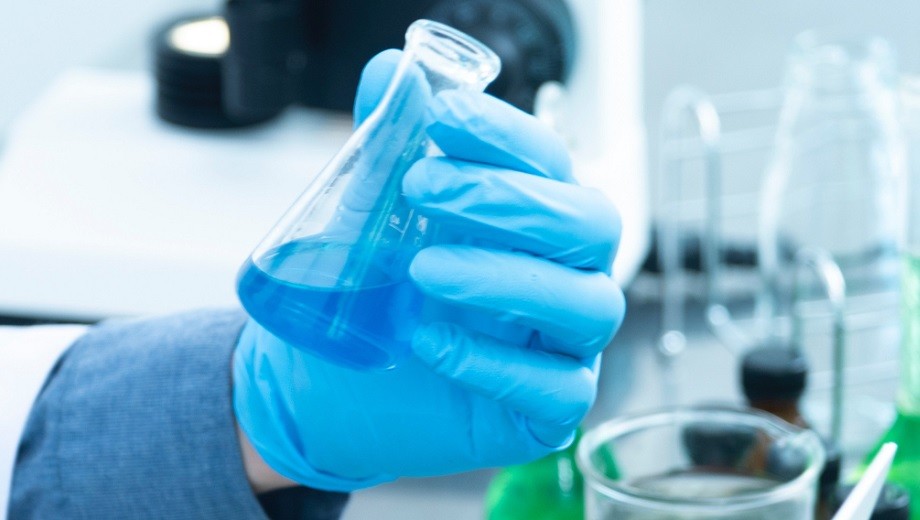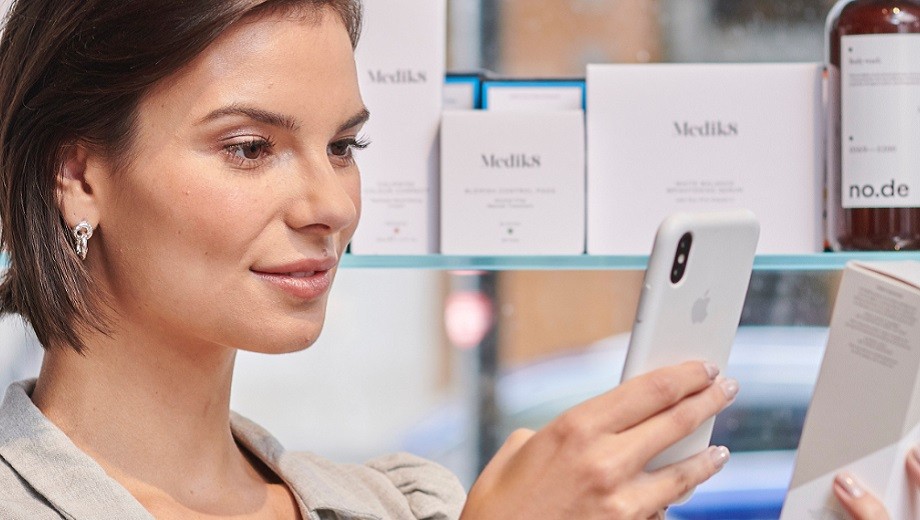At each game, RFID Lab students set up the system and distribute scanners to field-gate workers who scan the passes. A team of three or four students from the lab helps monitor the scanning at the stadium.
Thus far, the RFID system has indicated everyone entering the field has met SEC policy. There have been a couple of incidents of people associated with a visiting team who did not have an approved field pass. The RFID scanner detected it was not an issued field pass, so they were not allowed to enter the field.
“The passes were for stadium access but not field access, and we were able to recognize that quickly with the RFID tag,” Patton said. “We can certainly apply this technology in the future as we continue to assist in providing a healthy, safe and secure game day.”
Persons entering the field also walk across RFID-scanning mats that record when each person enters and exits the field. In addition, antennas are placed around the field so the RFID Lab can see sections of the field accessed by each person. This provides more extensive contact tracing, should the need arise.
The RFID monitoring system originated this summer when Auburn Athletics asked the RFID Lab to help do an inventory of RFID-tagged gear and clothing.
“We had the idea the RFID Lab could help with field access monitoring,” Patton said. “We have worked with the football equipment management team in the past, and this has been an extension of that relationship.” He adds that RFID was used during graduation in August to help honor new graduates by showing their individual names on the Jordan-Hare video board. RFID tags were placed on name cards that were scanned when graduates walked across the stage. The system was connected to the video board to display their names.
The RFID system to monitor limited access areas at the venue will expand to other sports and events at Auburn, and could lead to opportunities for other schools or sports clubs to deploy the system.




